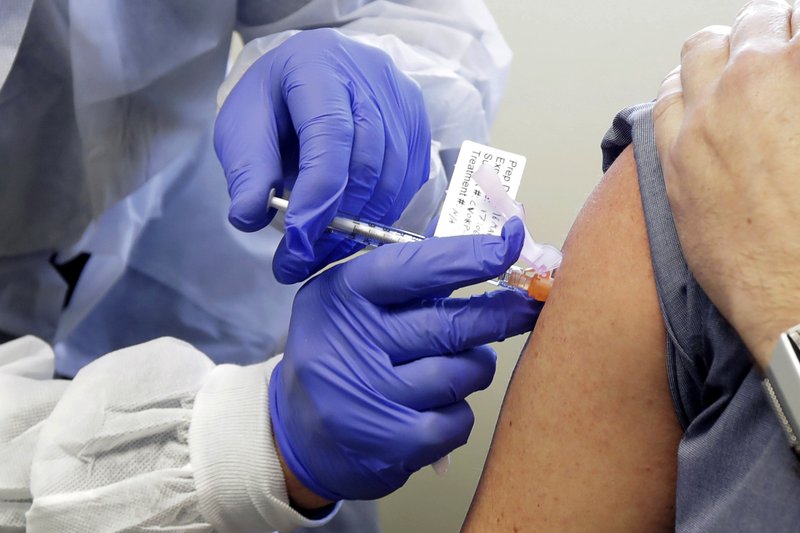U.S. regulators Monday pulled back a decision that allowed scores of coronavirus blood tests to hit the market without first providing proof that they worked.
The Food and Drug Administration said it took the action because some sellers have made false claims about the tests and their accuracy. Companies will now have to show their tests work or risk having them pulled from the market.
Under pressure to increase testing options, the FDA in March essentially allowed companies to begin selling tests as long as they notified the agency of their plans and provided disclaimers, including that they were not FDA approved. The policy was intended to allow “flexibility” needed to quickly ramp up production, officials said.
“However, flexibility never meant we would allow fraud,” Dr. Anand Shah, an FDA deputy commissioner, said in a statement. “We unfortunately see unscrupulous actors marketing fraudulent test kits and using the pandemic as an opportunity to take advantage of Americans.”
Blood tests are different from the nasal swab tests currently used to diagnose active COVID-19 infections. Instead, the tests look for blood proteins called antibodies, which the body produces days or weeks after fighting an infection. Most use a finger-prick of blood on a test strip.
The revised policy follows weeks of criticism from doctors, lab specialists and members of Congress who said the FDA’s lack of oversight created a Wild West of unregulated tests.
The agency acknowledged Monday that there have been problems with deceptive, false marketing among the 160 tests that have been launched in the U.S. Some companies have claimed their tests can be used at home, although FDA has not allowed that use. Others make unsubstantiated claims about their accuracy. Some U.S. hospitals and local governments have reported buying tests that turned out to be inaccurate or frauds.
So far, the FDA has granted authorization to 11 antibody tests, meaning their methods, materials and accuracy passed muster with agency regulators. Companies with test kits currently on the market without FDA authorization will now be required to submit formal applications to regulators within 10 business days. Companies that launch at a later date will have 10 days to turn over their applications after validating their tests.
Health officials in the U.S. and around the world have suggested the tests could be helpful in identifying people who have previously had the virus — with or without getting sick — and developed some immunity to it. But researchers haven’t yet been able to answer key questions that are essential to their practical use: what level of antibodies does it take to be immune and how long does that protection last?
(AP)











